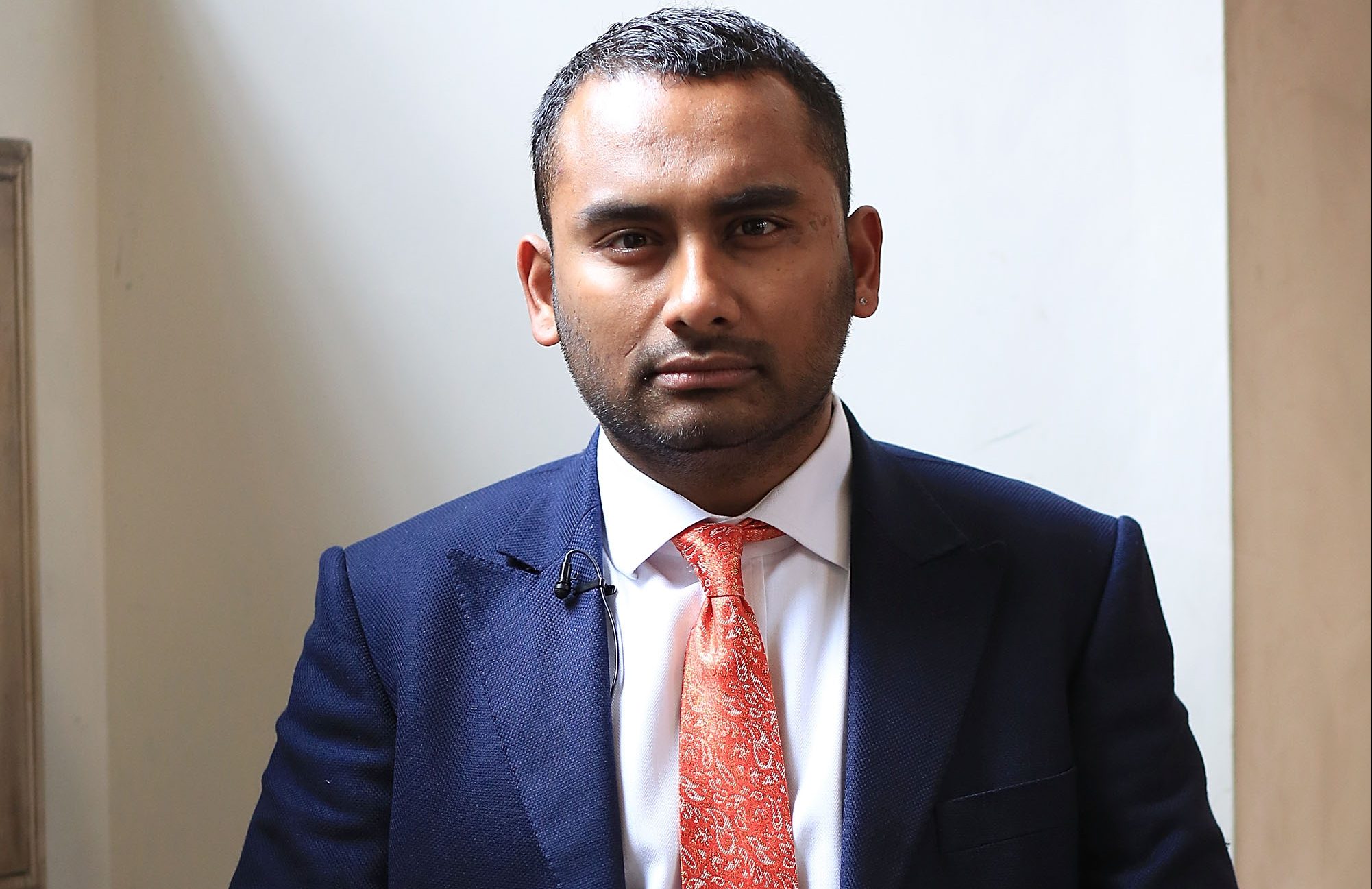
BBC presenter has blasted the broadcaster as being ‘too posh’, after discovering a high proportion of its newsreaders speak with ‘a posh accent’.
The Media Show presenter is set to be taking over for after the
Rajan recently commissioned research which showed that 70% of newsreaders across the BBC, ITV, Channel 4 and Sky speak with received pronunciation, otherwise labelled ‘the King’s English’.
Speaking during an interview at a Royal Television Society conference, Rajan hit BBC Director General Tim Davie with the challenge of what he was going to do about it.
Rajan questioned: ‘We found 70% of newsreaders spoke in the poshest accent after the King’s English, which is RP (Received Pronunciation). Does that surprise you?’
RP is considered ‘accentless’ English – standard English without any regional accent (though mainly from a southern aspect).
Davie replied that he wasn’t surprised at the high percentage, before answering ‘of course’ when asked if he would consider giving someone with a ‘strong, regional, working class accent’, a prominent presenting job.
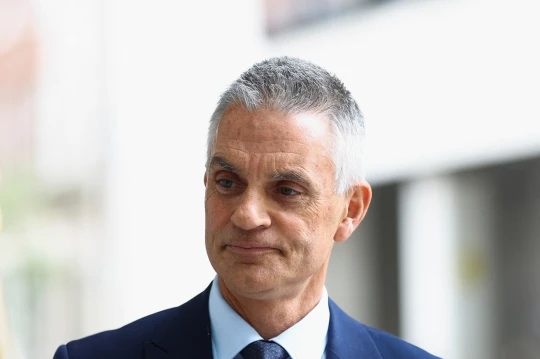
‘It’s quite striking that it hasn’t happened, isn’t it?’ Davie replied.
He continued by indicating that the situation will change in the future as the BBC improves the diversity of its workforce, including leading presenters.
‘There are a couple of things happening,’ Davie began: ‘I’ve pushed £700million of spending outside the M25. It’s changing the BBC.
‘There is a new Radio 1 strand out of Salford. Morning Live is coming out of Salford. It’s going to happen.
‘I’m absolutely revving on it. The critical thing is that you don’t get a sniff of that slightly patronising “London is where the best output comes from” [attitude]. It’s nonsense.’
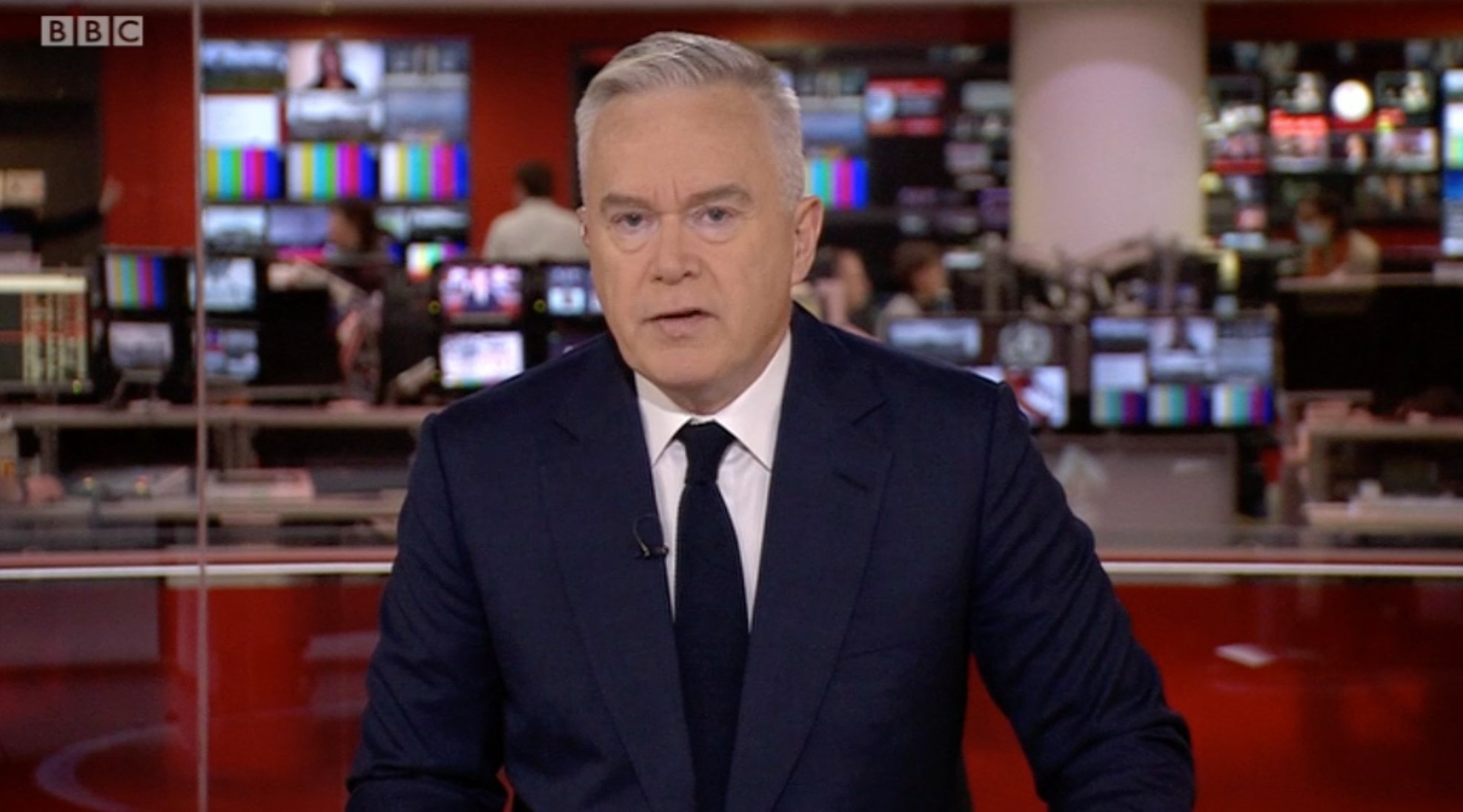
Elsewhere, in light of .
Following the news of the Queen’s death on Thursday, September 8, several events were swiftly cancelled, however in her honour.
Addressing the decision, Davie said: ‘We had enormous decisions to make. Do you put on Strictly? Do you do satire? Where do you stop? We were constantly on the clutch control, as I called it.’
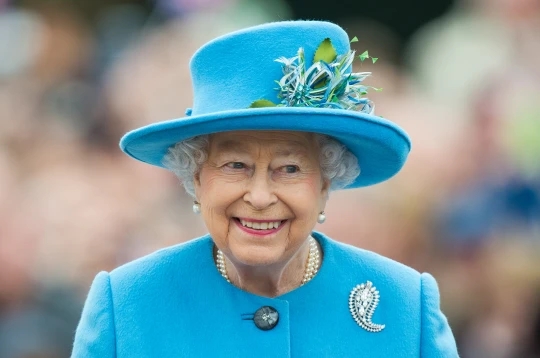
He added: ‘I think Last Night of the Proms was the most finely balanced one. In the day the Premier League had come off.
‘We were a little bit worried about broadcast trucks because covering the events with of course Scotland and Northern Ireland we had an enormous amount of ceremonial cover.
‘That was a 50/50 call, I think we made the right decision but you can debate it either way.’
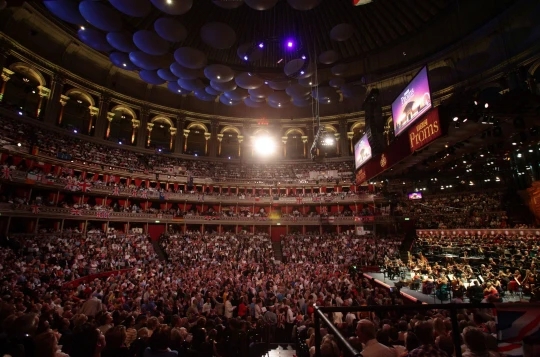
In a statement, the BBC Proms, which takes place at London’s Royal Albert Hall, had said: ‘It is with great sadness that we have learnt of the death of Her Majesty The Queen, and as a mark of respect, this evening’s Prom with the Philadelphia Orchestra will not be going ahead.
A follow-up message then read: ‘Following the very sad news of the death of Her Majesty The Queen, as a mark of respect we will not be going ahead with Prom 71 on Friday 9 September, or the Last Night of the Proms on Saturday 10 September.’
One person who responded to the news suggested that the concert could be ‘altered to reflect the mood of the country’, stating: ‘What a shame, music is solace in times of grief and reflection.’
‘Oh that’s a real shame. Can you not do a Last Night in her honour? It would be so powerful,’ someone else said.




















